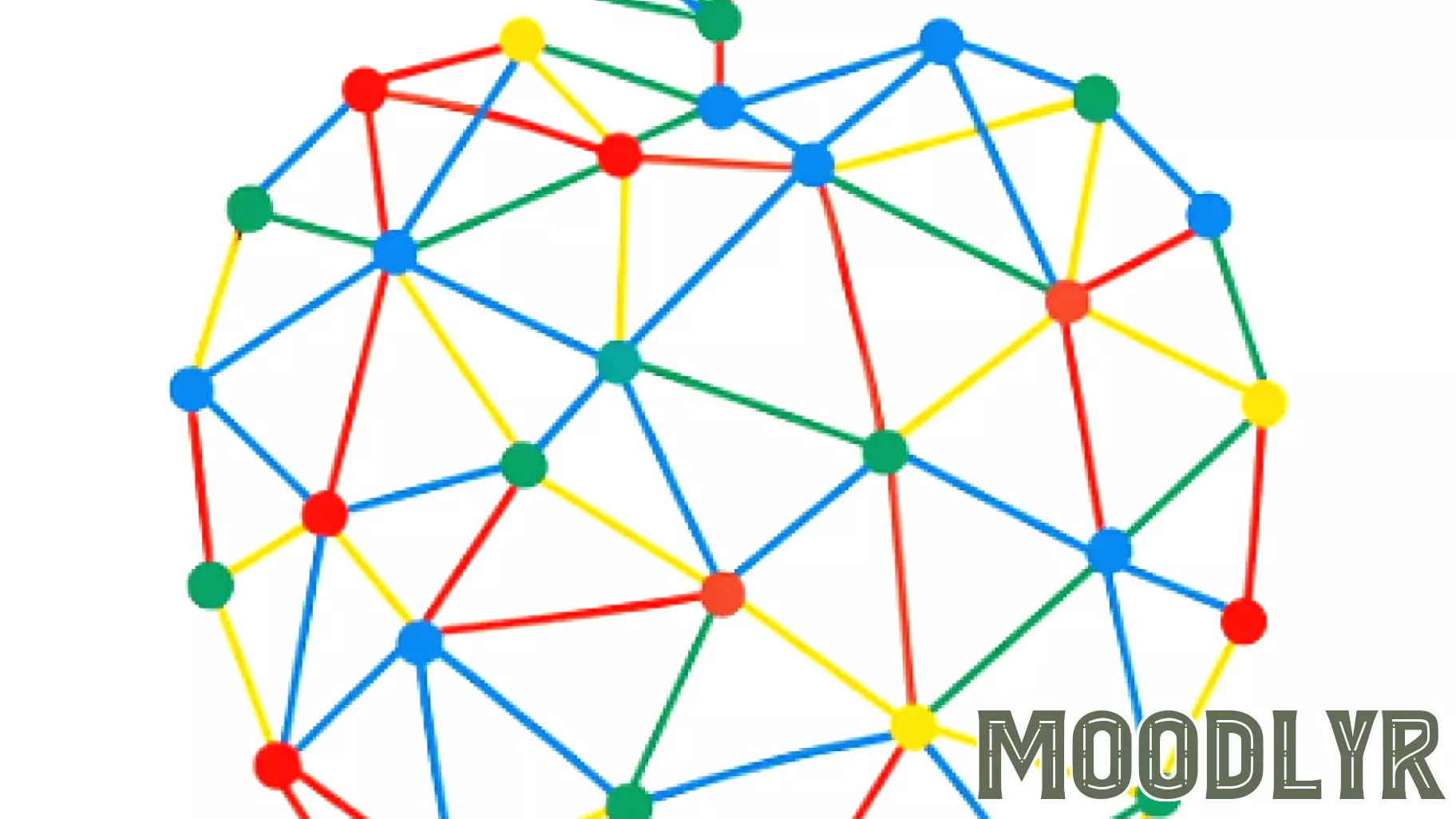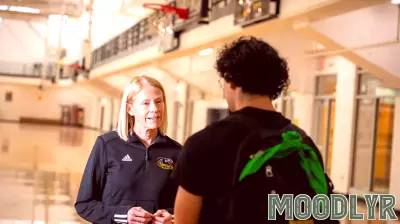Understanding the Concept of an Apple in 12,288 Dimensions
March 29, 2025 - 22:21

In the realm of large language models (LLMs), the term "apple" transcends its conventional definition as a fruit. Instead, it represents a unique position within a complex 12,288-dimensional space. This intriguing concept highlights how LLMs process language, transforming words into numerical representations that capture their meanings and relationships.
When you request information about an "apple," the model navigates through this vast dimensional space, drawing upon the intricate web of associations it has learned from extensive training data. Each dimension corresponds to different attributes and contexts, allowing the model to generate relevant and coherent responses based on the input provided.
This multidimensional approach enables LLMs to understand nuances and variations in language, offering insights that go beyond simple definitions. As technology continues to evolve, the exploration of such abstract representations will likely deepen our understanding of how artificial intelligence interprets and generates human language.
MORE NEWS

February 21, 2026 - 02:30
Home Really Is Where the Heart IsThe age-old saying `home is where the heart is` is more than just a sentimental phrase; it is a neurological reality. New research suggests that the profound feeling of home is an idea we...

February 20, 2026 - 05:37
Racist Attitudes Linked To Future Psychological Distress – But Could Both Be Fueled By Something Else?A new research study is challenging the straightforward assumption that holding racist views directly causes future mental health problems. While confirming a link between prejudiced attitudes and...

February 19, 2026 - 04:05
UWM Professor Uses Sport Psychology Research to Solve Real-World ProblemsProfessor Barbara Meyer possesses a uniquely analytical lens that she applies to nearly every situation. Whether she`s guiding Olympic athletes, consulting with a university soccer team, or simply...

February 18, 2026 - 03:25
Why couldn't Ilia Malinin handle the pressure? Sports psychologists offer their thoughtsThe recent performances of top athletes have reignited a crucial conversation within the world of elite sports: the immense psychological burden of competition. While the spotlight often falls on a...